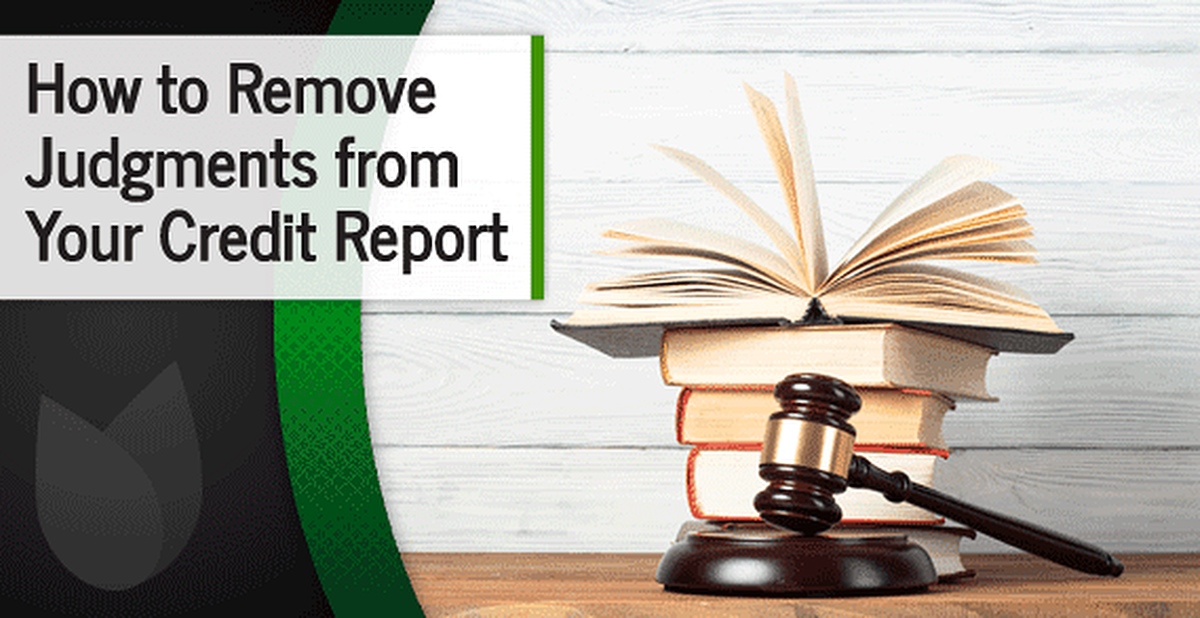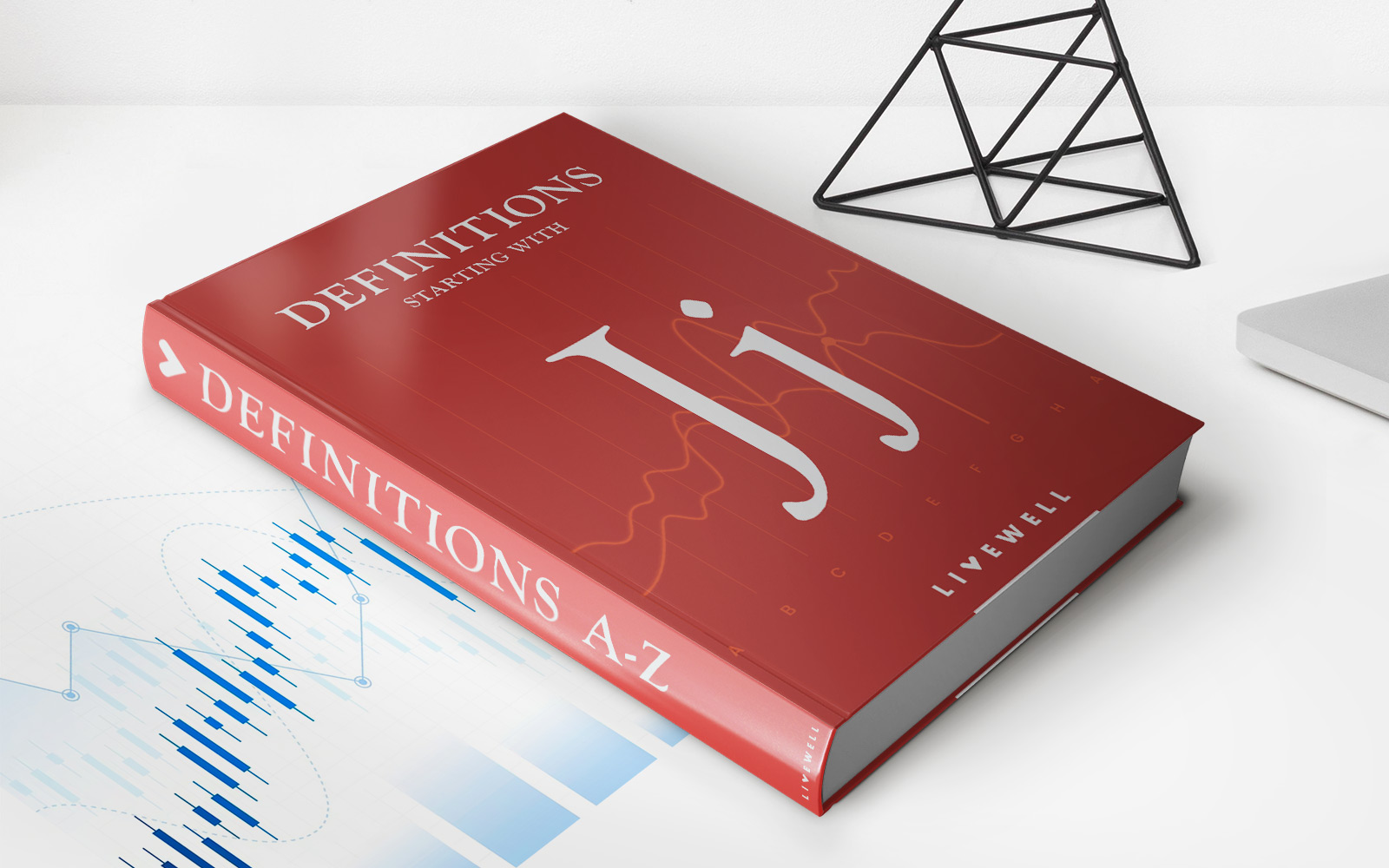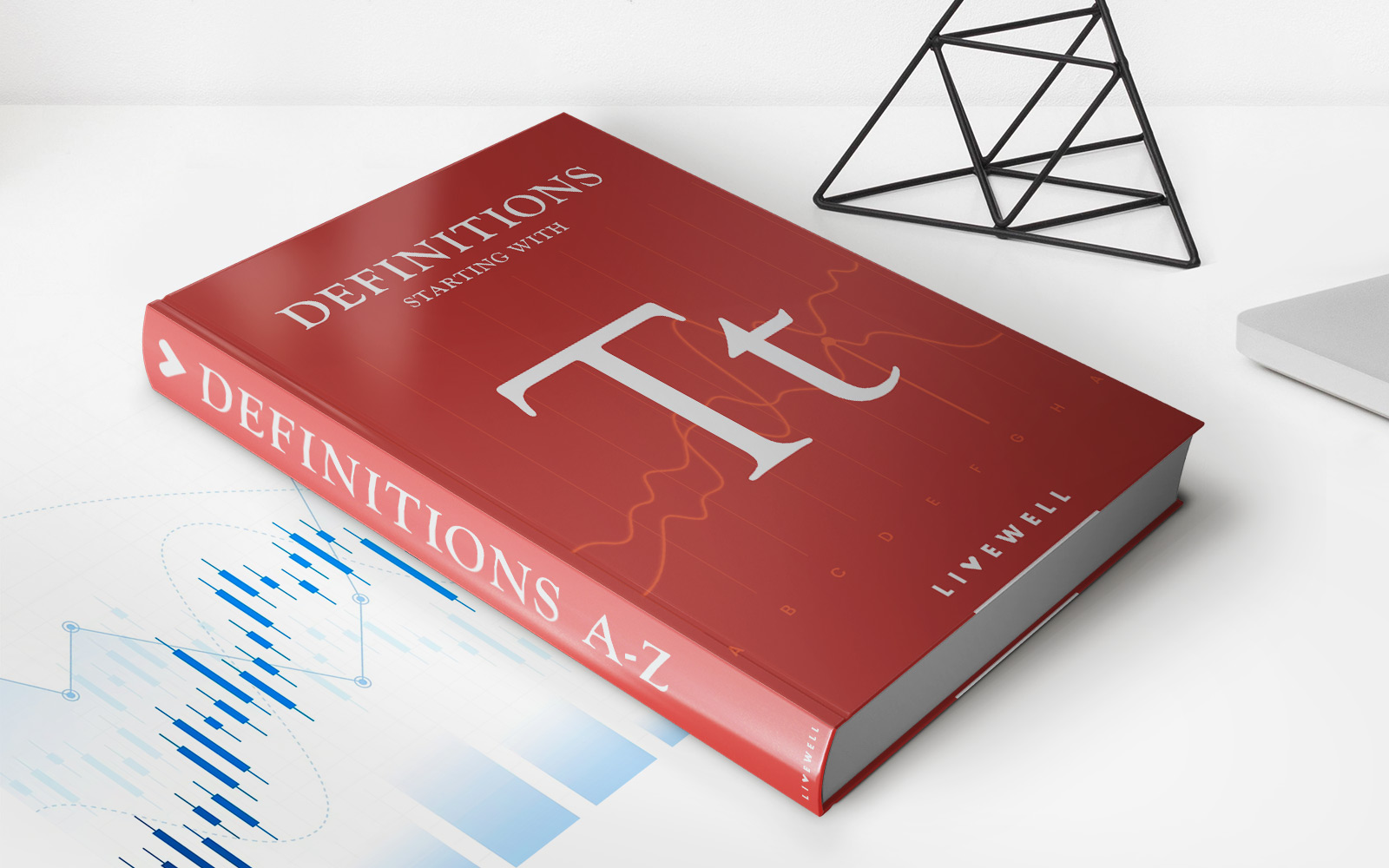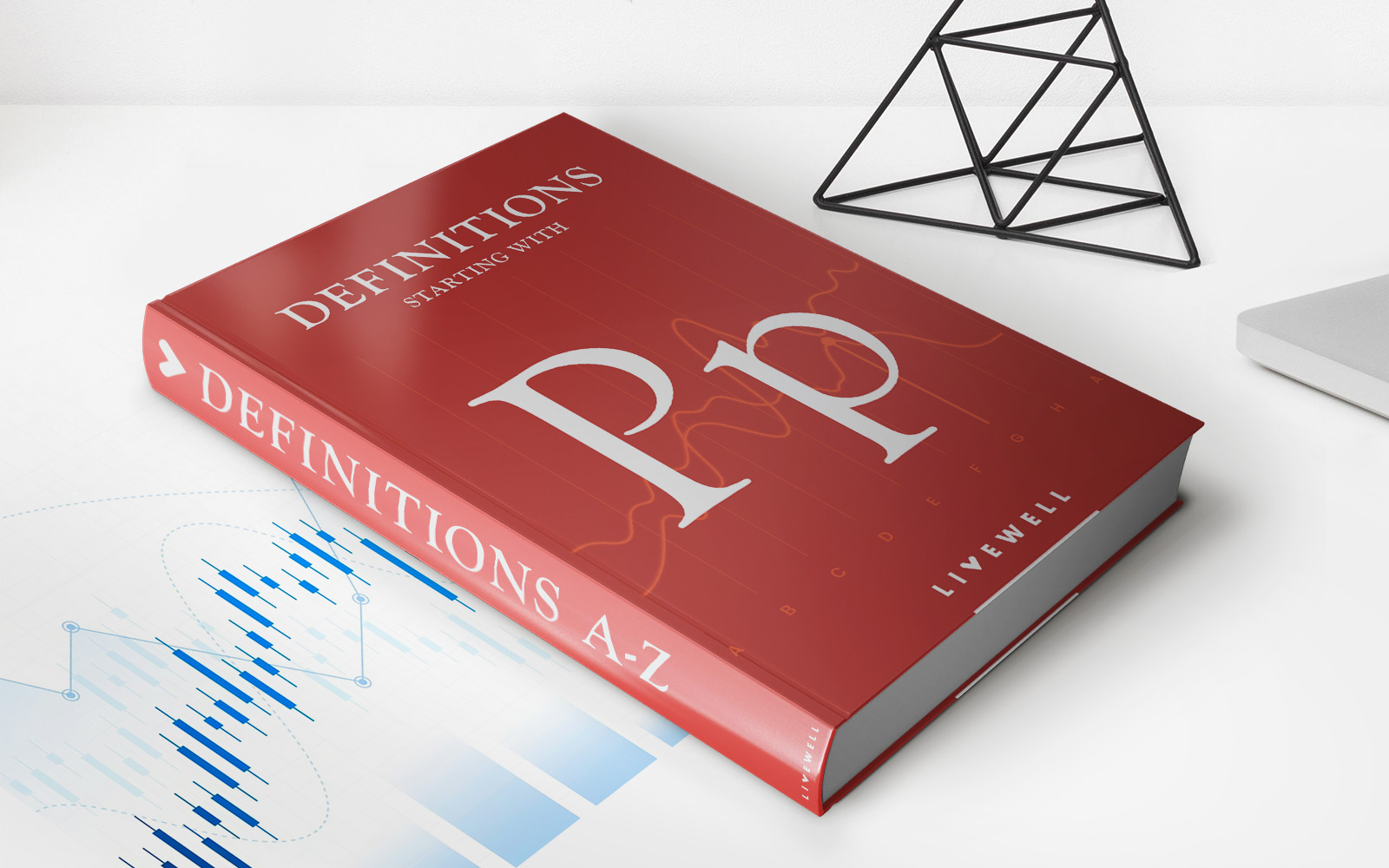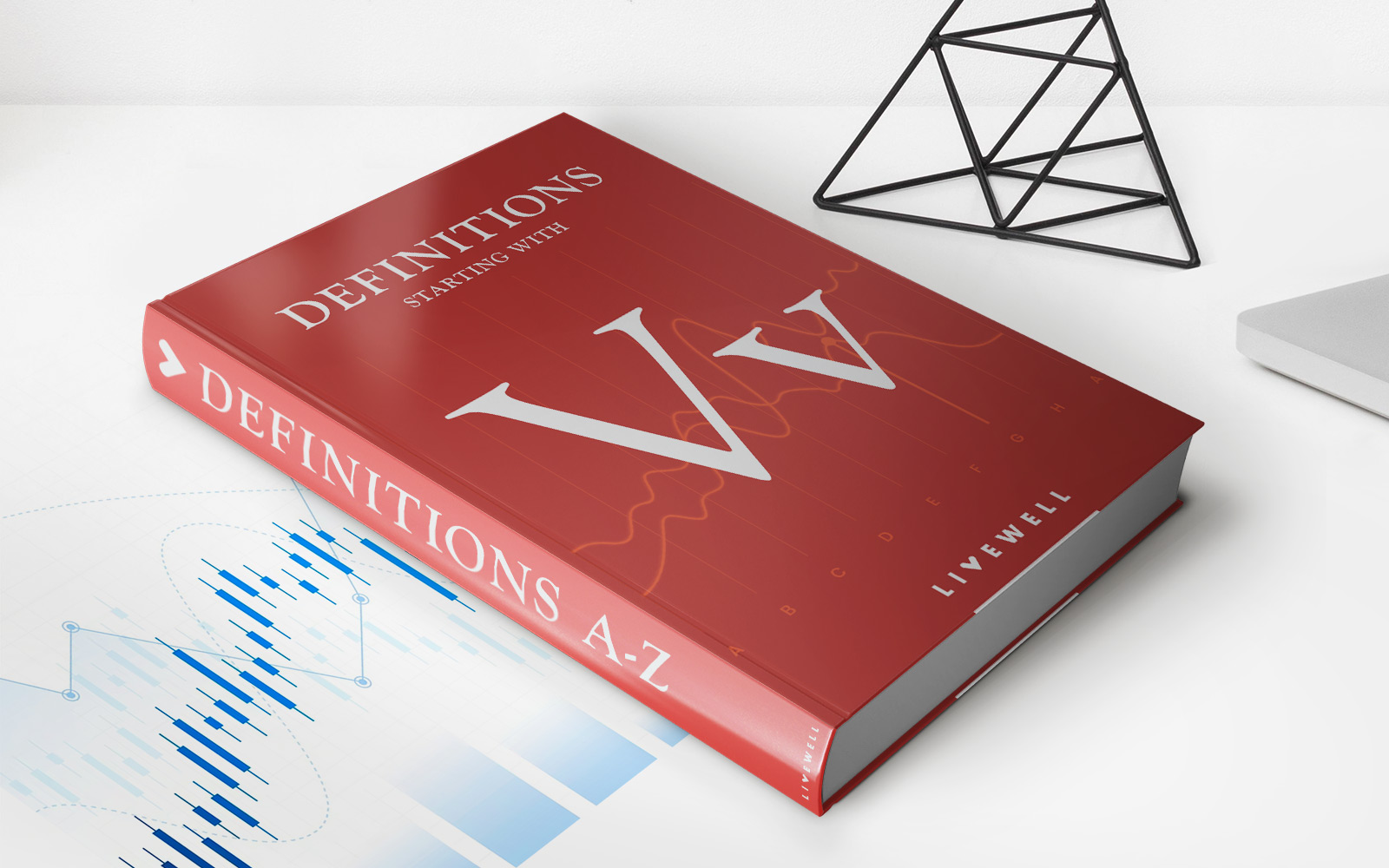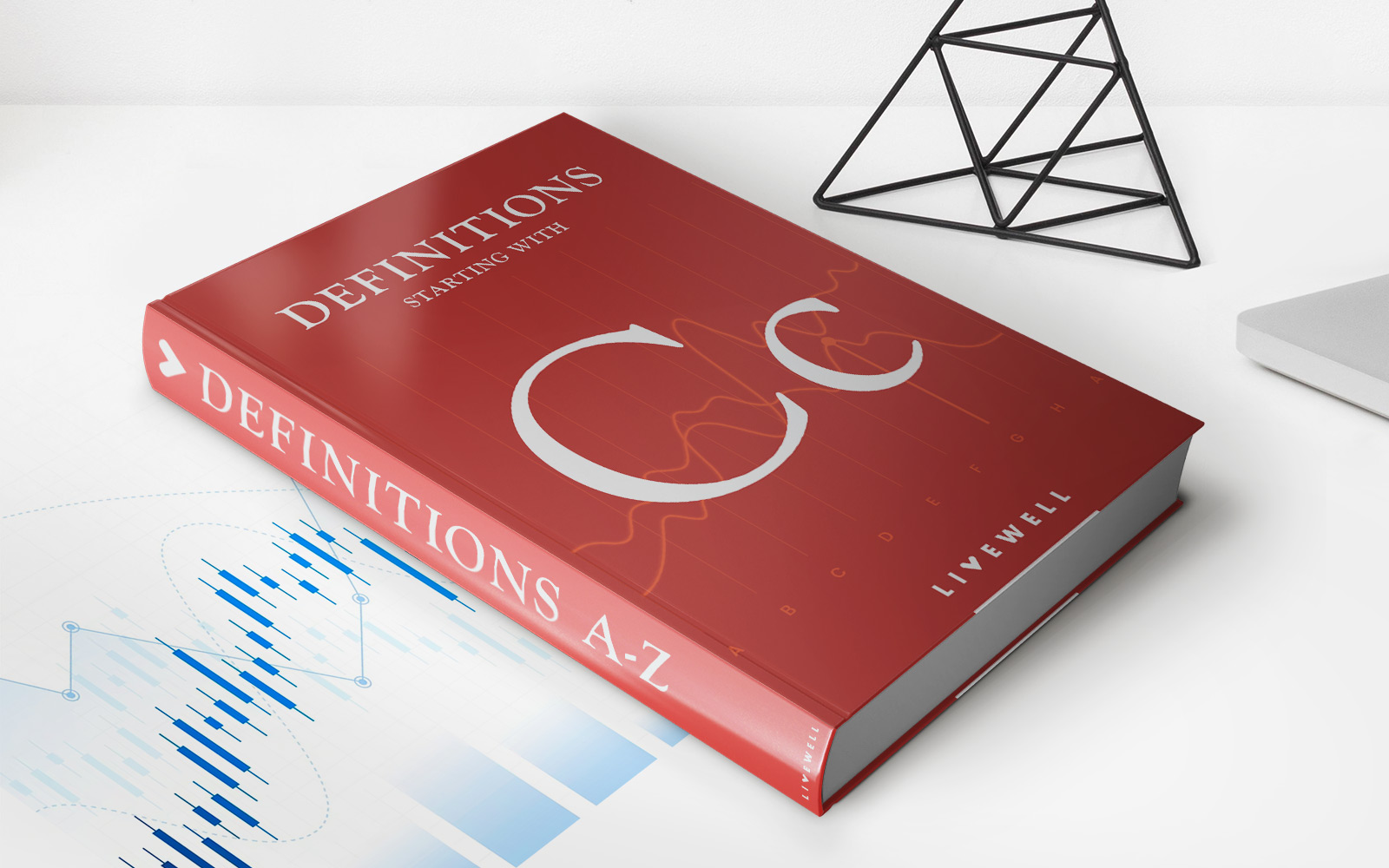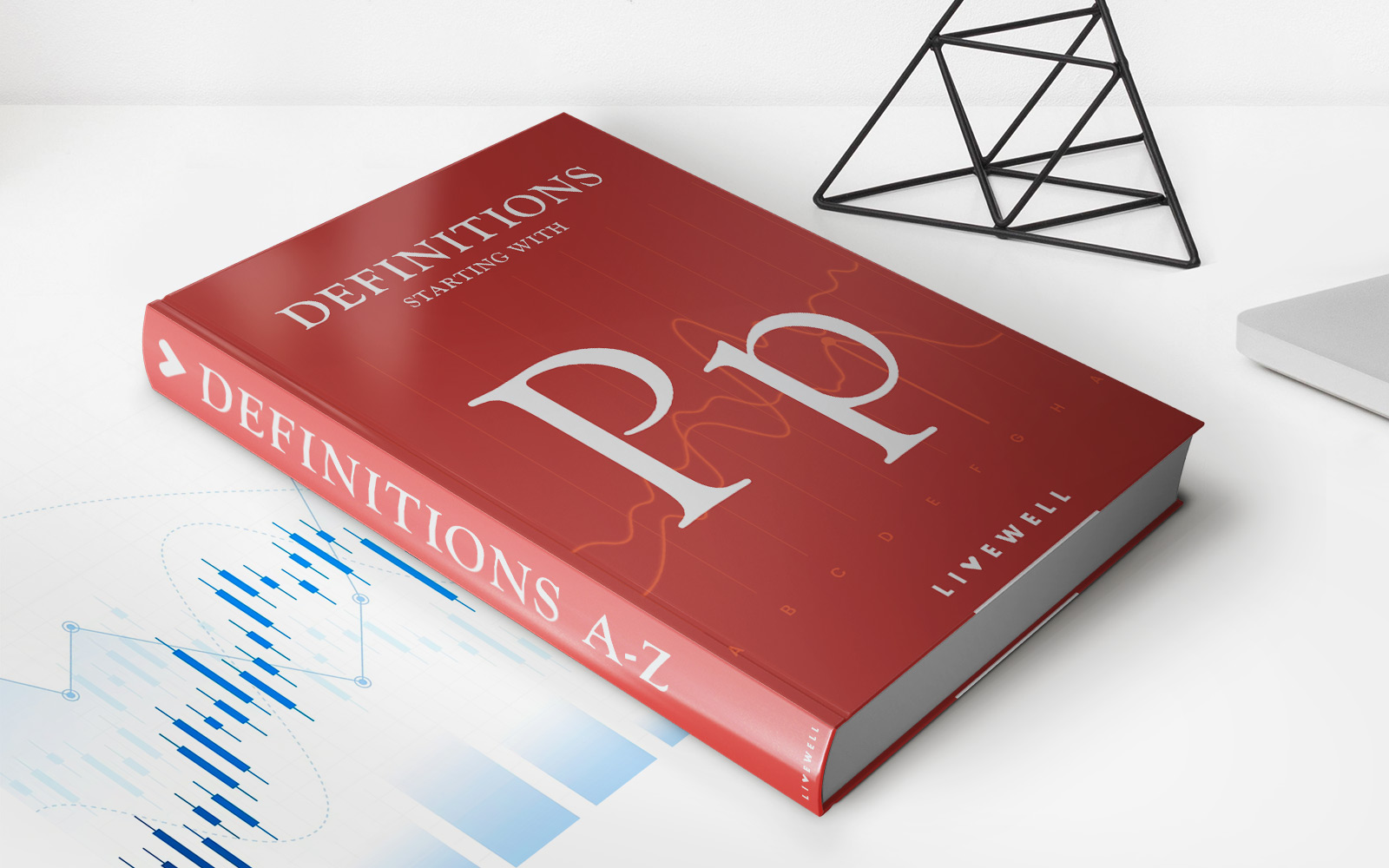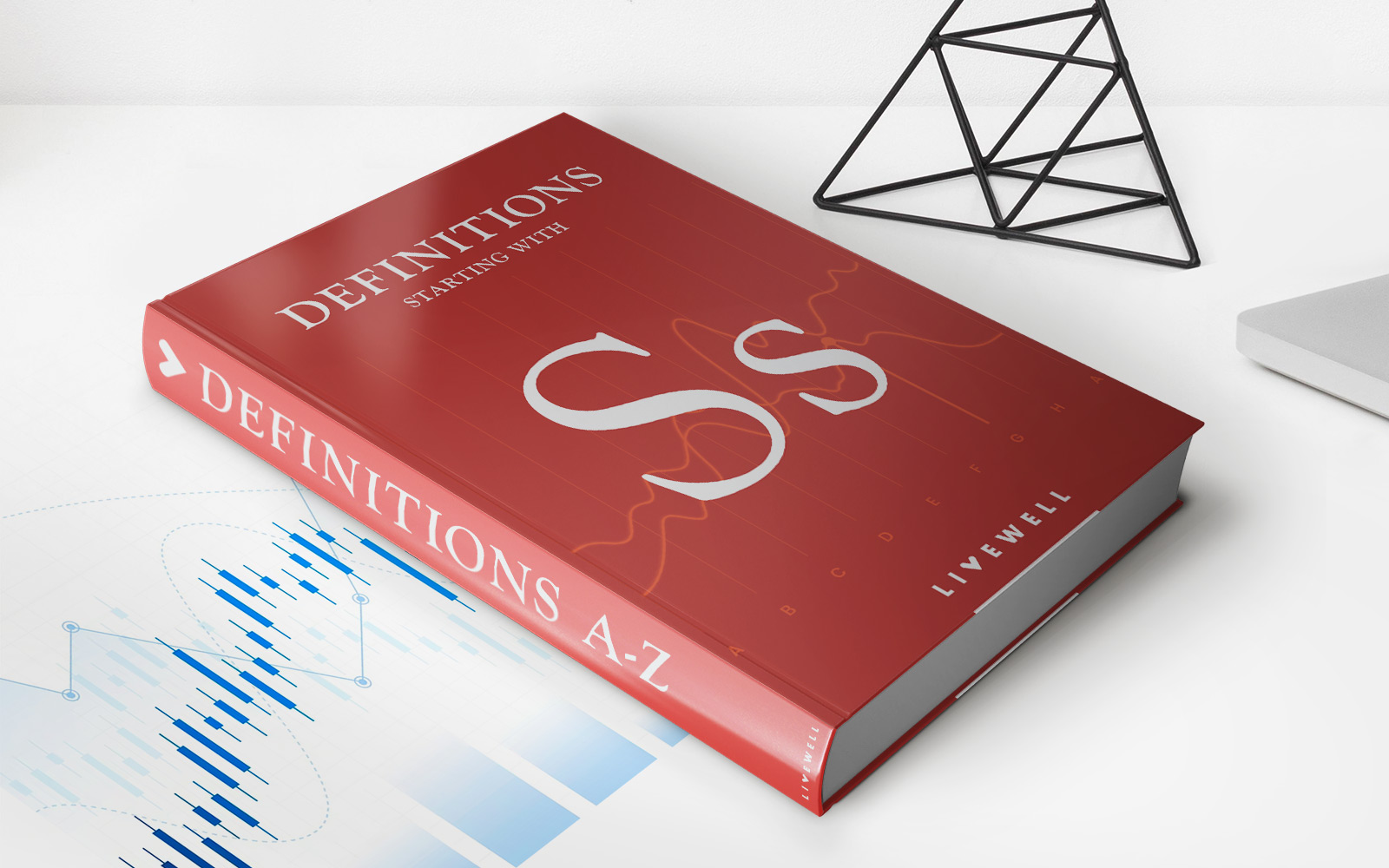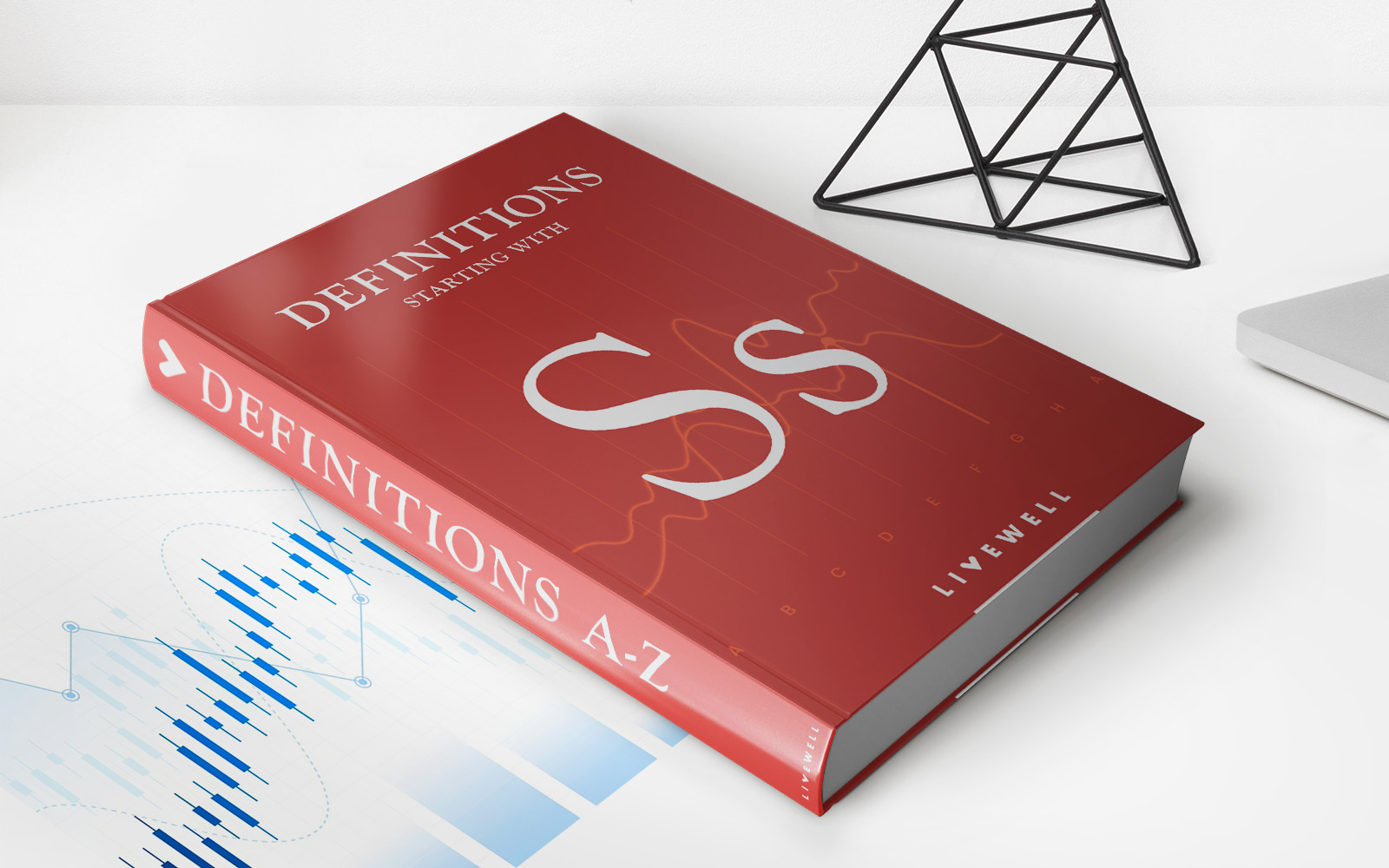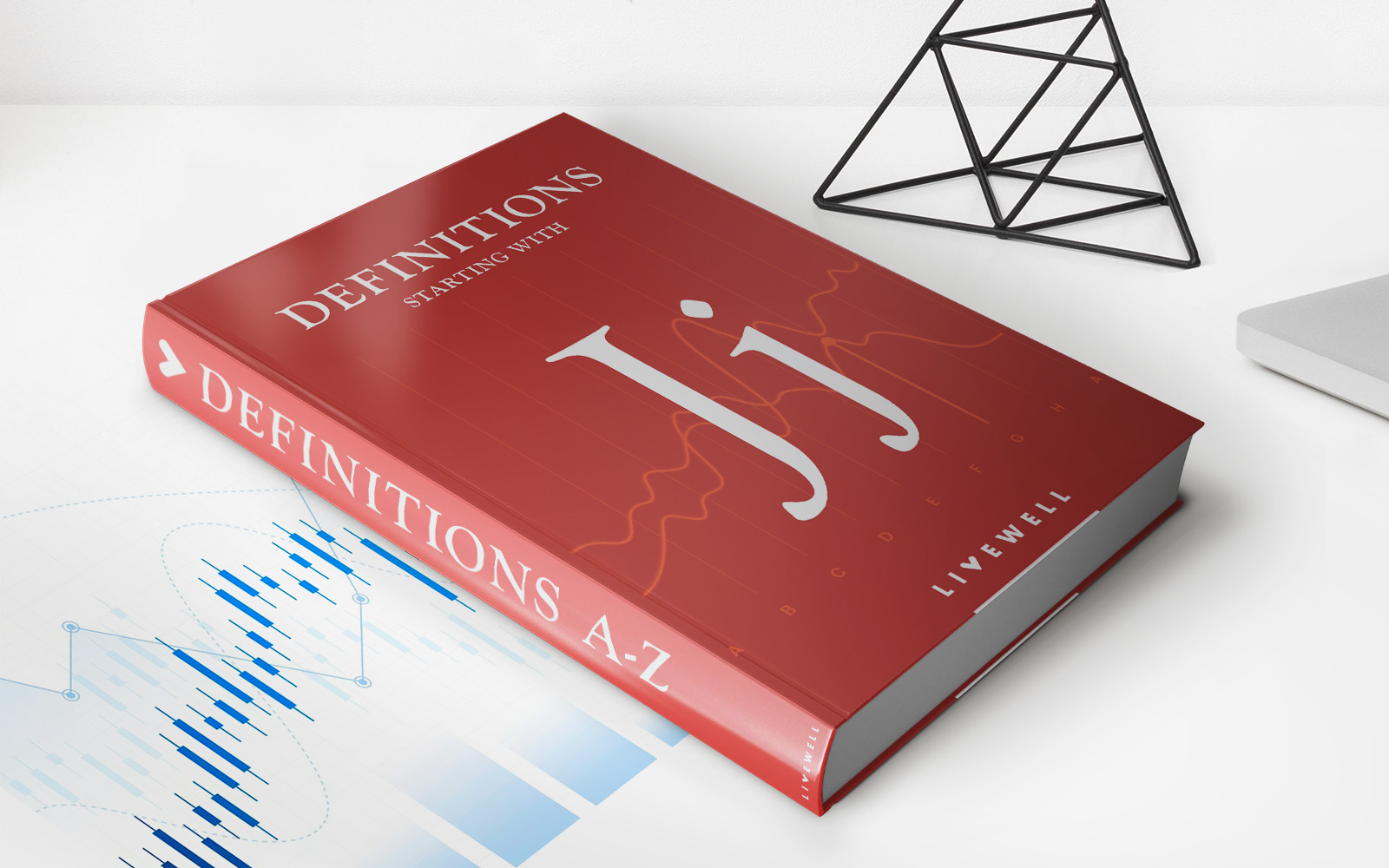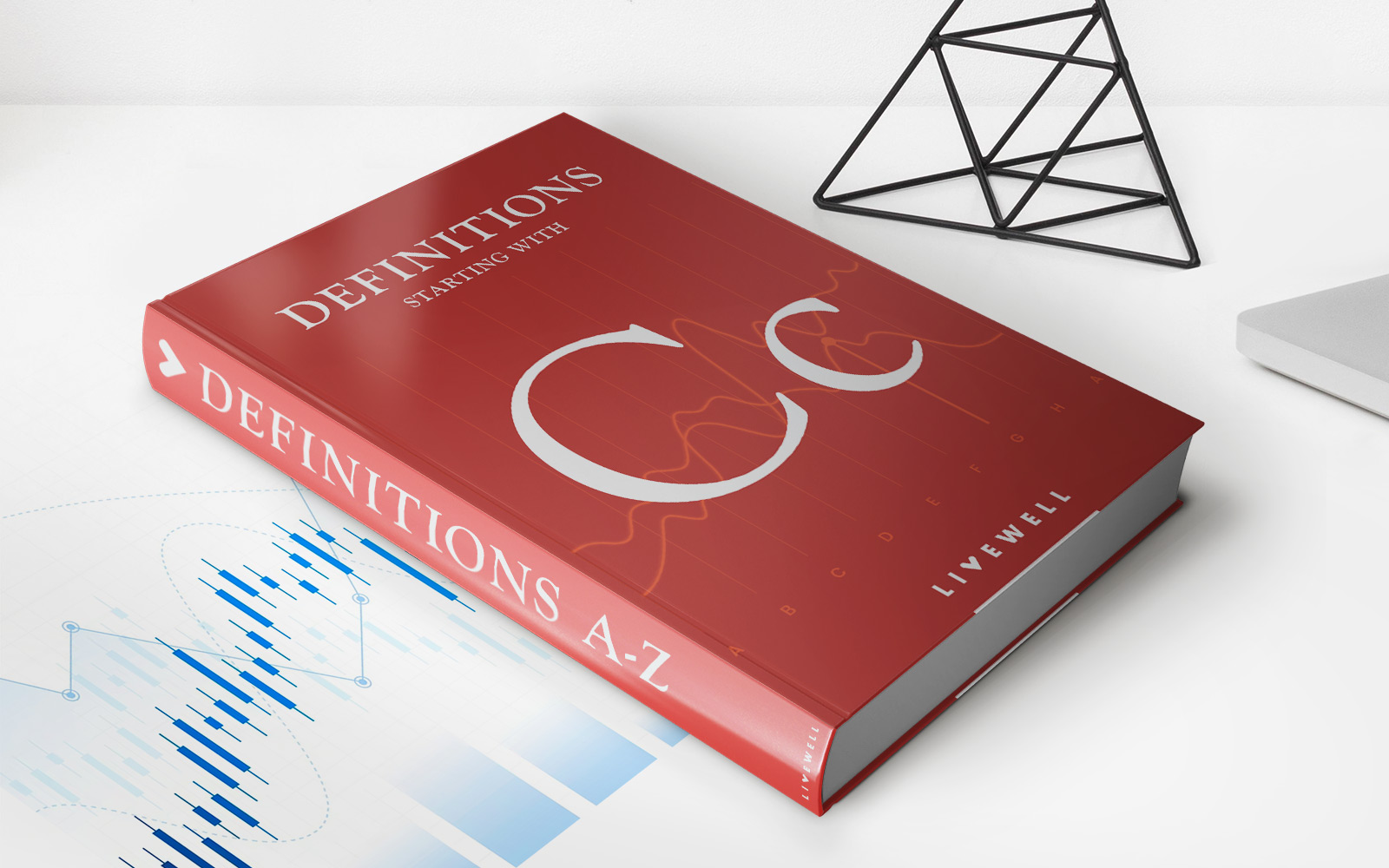Home>Finance>Judgment Lien: Definition, Examples, Vs. Property Lien
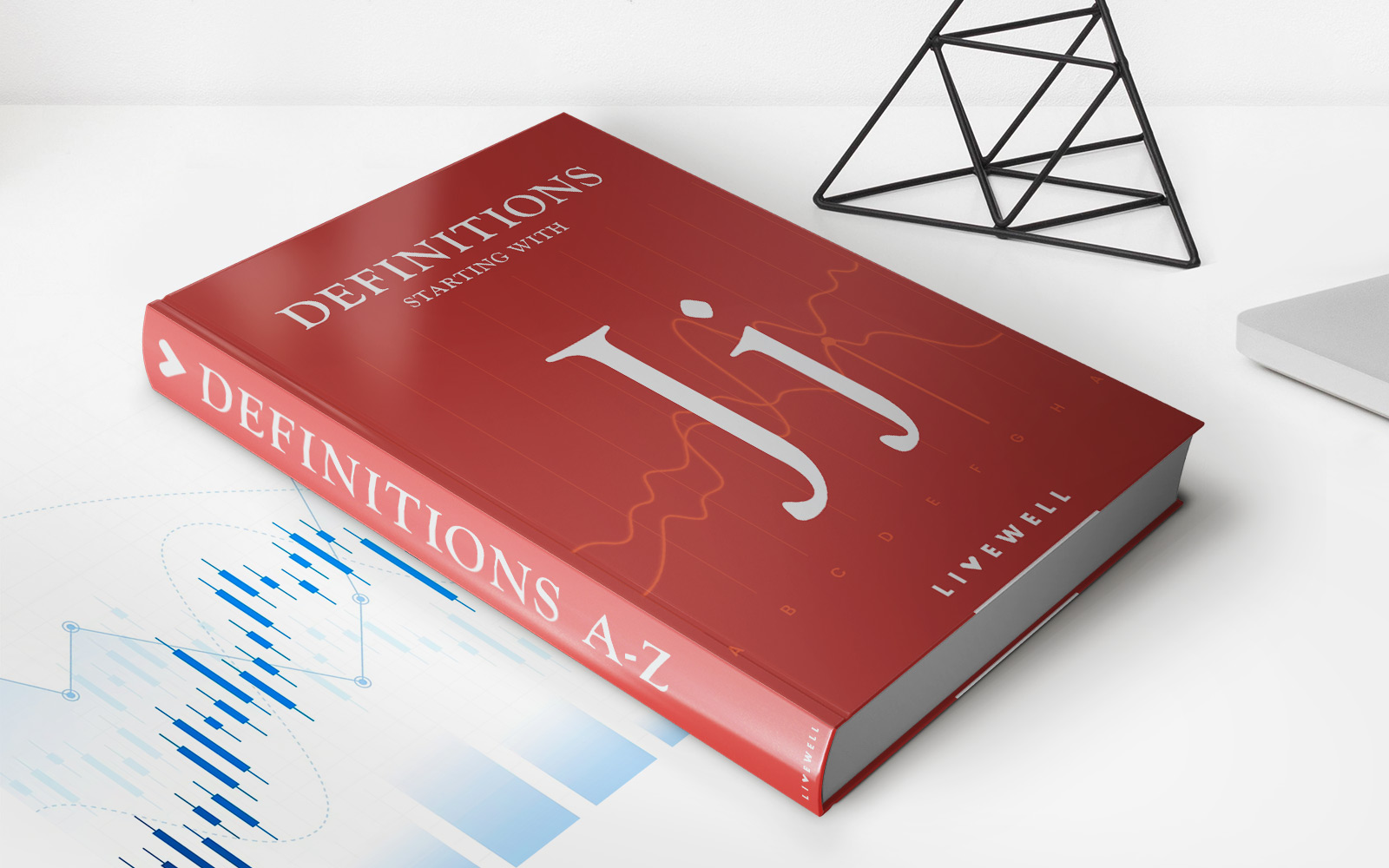

Finance
Judgment Lien: Definition, Examples, Vs. Property Lien
Published: December 15, 2023
Learn about judgment lien, its definition and examples, and how it differs from a property lien in the world of finance.
(Many of the links in this article redirect to a specific reviewed product. Your purchase of these products through affiliate links helps to generate commission for LiveWell, at no extra cost. Learn more)
Understanding Judgment Liens: Definition, Examples, Vs. Property Lien
When it comes to managing your finances, having a good understanding of various legal terms and concepts can be extremely beneficial. One such concept is a judgment lien. In this blog post, we will delve into the definition of judgment liens, provide examples to help you grasp the concept, and explain the key differences between judgment liens and property liens.
Key Takeaways:
- A judgment lien is a legal claim placed on a debtor’s property as security for an outstanding debt.
- Judgment liens can be issued in a court of law and can affect real estate, personal property, and even certain financial assets.
What is a Judgment Lien?
Simply put, a judgment lien is a legal claim placed on a debtor’s property as security for an outstanding debt. It is typically issued by a court of law after a creditor has successfully won a lawsuit against a debtor. This means that the creditor obtains the right to stake a claim on the debtor’s assets to ensure eventual payment.
When a judgment lien is in place, it becomes a matter of public record. This means that the lien will appear on the debtor’s credit report and can impact their ability to obtain credit or refinancing. Furthermore, judgment liens may also prevent the debtor from selling or transferring the affected properties until the debt is satisfied.
Examples of Judgment Liens
Let’s say a person defaults on a loan, and the lender decides to take legal action. If the court rules in favor of the lender, a judgment lien can be placed on the debtor’s property. Here are a few examples of where judgment liens can be applied:
- Real Estate: If the debtor owns any real estate, such as a house, condo, or land, a judgment lien can be placed on these properties.
- Personal Property: Valuable assets like vehicles, boats, or even artwork can be the target of a judgment lien.
- Financial Assets: In some cases, judgment liens can extend to certain financial assets, such as bank accounts or investment portfolios.
How does a Judgment Lien differ from a Property Lien?
Now that we understand what a judgment lien is, let’s explore the key differences between judgment liens and property liens. While both involve securing a debt with a legal claim on a debtor’s property, there are important distinctions:
- Origin: A judgment lien arises as a result of a court ruling in a lawsuit. In contrast, a property lien can be voluntarily taken by a property owner or secured through a mortgage or other types of debts.
- Debt Type: Judgment liens typically result from a debt owed to a specific creditor, whereas property liens can be associated with a broader range of debts or obligations, such as unpaid taxes or mechanic’s liens.
- Priority: In the event of multiple liens on a property, judgment liens are often prioritized based on the order of their entry into public records, whereas property liens can have varying priorities based on factors such as the date of recording, state laws, or agreements.
By understanding these differences, you can better navigate the intricate world of liens and make informed financial decisions.
Wrapping Up
As you can see, having a clear understanding of judgment liens is essential for both creditors and debtors. While creditors can use judgment liens to secure their claims, debtors must be aware of the potential consequences that come with having a judgment lien against their property. By being financially informed and proactive, you can make sound decisions to manage your debts and protect your assets.
Remember, if you are facing any legal issues or need financial advice regarding judgment liens or other matters, consult with a qualified attorney to ensure you receive the best guidance tailored to your specific situation.
